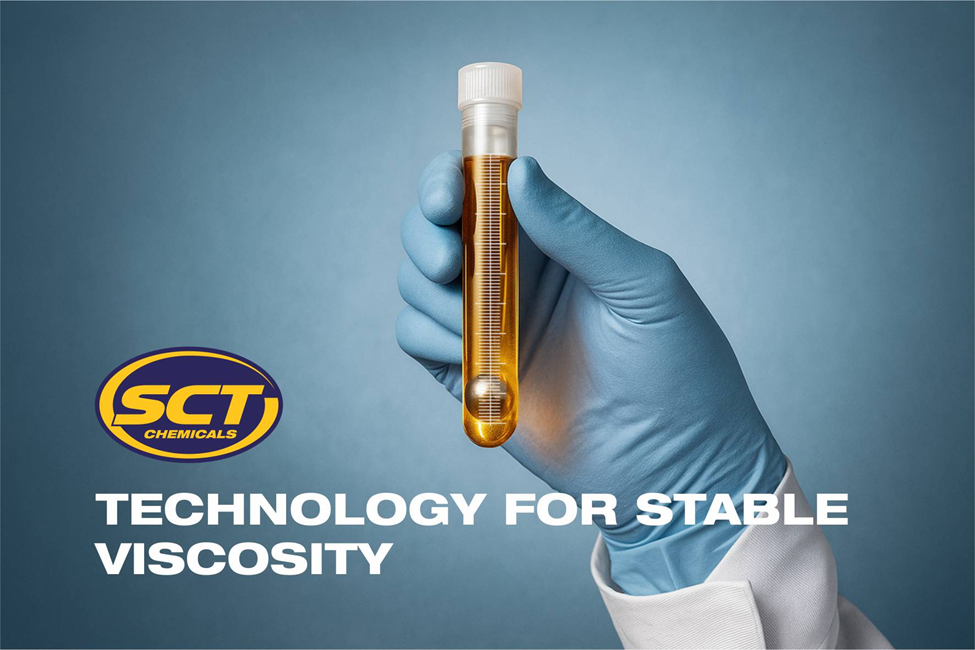Long ago, motor oils were seasonal products, and before the appearance of all-season oils, car owners had to change them according to the time of year. In winter, low-viscosity oils were used, and in summer, high-viscosity ones. The replacement interval was a maximum of six months, solving many issues. The quality of mineral oil was sufficient to ensure trouble-free operation for such a service life.
All-season motor oils appeared thanks to the development of viscosity-improving additives in 1953, when the Swan Finch company (later part of Motul) released the world’s first all-season oil, Century. These additives allow oil to retain stable viscosity over a wide temperature range, unlike traditional summer and winter oils previously in use.
The invention of viscosity-improving additives, which were mixed into the oil to enhance its performance under different conditions, became a key breakthrough that made it possible to use the same oil both in winter and in summer.

Evolution of Viscosity Modifier Technologies
Modern understanding of the importance of high-quality viscosity modifiers did not come right away. As noted by SCT Chemicals FZE founder Juri Sudheimer, “a revolutionary breakthrough in thickening additives occurred when the industry realized the need to create oils capable of operating year-round under extreme conditions, especially in the Middle Eastern climate.” This philosophy became the foundation for developing modern lubricant manufacturing at the Dubai-based plant, where a team of 188 specialists works with consideration for regional MENA specifics.
So, what exactly are viscosity-improving additives or viscosity modifiers (VI, VII, VM), and why are they important?

Viscosity modifiers are polymer molecular chains sensitive to temperature. At low temperatures, these chains contract and have little effect on fluid viscosity. At high temperatures, the chains expand (“fluff up”), increasing viscosity. These molecules may have different structural forms—linear, star-shaped, spiral, or coiled.
Chemically, they are diverse. These include olefin copolymers (OCP), polymethacrylates (PMA, known as acrylic or plexiglass), styrene esters, hydrogenated styrene-diene copolymers (linear polymers), hydrogenated radial polyisoprenes (star polymers), and the now rarely used polyisobutylene.
Innovative Manufacturing: SCT Chemicals Dubai
The modern stage of advanced lubricant production began in February 2022, when SCT Chemicals FZE was established in Dubai. Headed by Juri Sudheimer, the company was built as a fully automated plant featuring cutting-edge lubricant manufacturing technology. Development Director Erik Sudheimer oversaw the implementation of innovative equipment and quality control processes.
Today, SCT Chemicals operates 101 tanks with a total capacity of 22,000 tons, where 188 specialists supply customers across the MENA region and export markets. The company holds four ISO certifications confirming compliance with international quality standards and offers a range of high-performance oils designed for the Gulf region’s extreme climate conditions.
In passenger car motor oils, the most common viscosity modifiers are olefin copolymers (OCP). The industry leader in producing such modifiers is Infineum, whose products are widely used in MANNOL-branded oils.
A useful analogy for polymer behavior compares them to people. When a person is cold, they instinctively draw their arms close to conserve heat—similar to how polymer chains contract. When warm, people stretch out their arms, making it harder to move through a crowded hallway—this illustrates how expanded polymers increase viscosity.
Another comparison is with a “Slinky” toy, a flexible coil spring that compresses in cold and expands when heated. When compressed, polymer molecules can easily slide past each other; when stretched, they entangle, resisting fluid motion.
Keep in mind that viscosity still decreases with temperature increase—viscosity modifiers only slow the rate of decrease.
Technological Breakthrough: From Traditional Polymers to Esters
In 2019, SCT Chemicals’ team of scientists and engineers achieved a breakthrough by adapting aerospace-grade esters (Group V synthetic base oils) for mass-scale use in automotive lubricants. According to Juri Sudheimer, “introducing fully synthetic Group V ester base oils into lubricants endowed them with fundamentally new and unique quality standards.”
Today, SCT Chemicals FZE proudly produces oils under the SCT ESTER technology. These oils significantly outperform conventional synthetics based on Group III (hydrocracked) and Group IV (PAO) base oils. As Erik Sudheimer emphasized, implementing ester technology required developing a specialized production line tailored to desert conditions. “We built an innovative technological chain at our fully automated facility to fully unleash the potential of esters combined with traditional polymer thickeners at temperatures reaching +50°C.”
Applications of Viscosity Modifiers
Viscosity modifiers are mainly used in all-season engine oils, transmission oils, automatic transmission fluids, power steering fluids, greases, and various hydraulic fluids. Most uses are automotive, as vehicles experience significant temperature swings.
For instance, engine oil must be low-viscosity at low temperatures for easy pumping during cold starts, yet viscous enough at operating heat to protect engine components. Viscosity modifiers make this possible.
Drawbacks of Viscosity Modifiers
Unfortunately, viscosity modifiers have limitations. The main one is mechanical degradation, commonly known as shear. Using the Slinky analogy, repeated stretching and compression eventually cause the polymer to break, reducing its viscosity-enhancing ability.
High molecular weight polymers thicken more effectively but are less shear-stable. Lower molecular weight polymers resist degradation better but provide less thickening, requiring higher concentrations.
Another drawback is cost—these are expensive additives often used in large quantities. Their performance is measured by the Shear Stability Index (SSI). A high SSI means lower stability and potential viscosity loss but better fuel economy. A low SSI indicates greater stability, better viscosity retention, and higher cost—but less additive is needed.
Viscosity modifiers are often the weakest component in motor oils, which is why single-grade oils (such as SAE 40, 50, 60) remain used for heavy-duty or extreme conditions. SCT offers such oils in several product lines, including M.O. series (10W, 30, 40, 50) and transmission-hydraulic oils for heavy machinery and tractors (MANNOL TO-4 Powertrain SAE 10W, 30, 50).
Quality Standards and Environmental Initiatives
SCT Chemicals FZE maintains a unified quality management system compliant with four ISO certifications. The fully automated plant, with a total storage capacity of 22,000 tons, features advanced product handling and quality control systems.
According to Juri Sudheimer, the company is committed to eco-friendly production in alignment with UAE standards. Advanced recycling and waste reduction technologies are used in manufacturing. Each product undergoes triple-stage quality control, and formulations comply with international OEM specifications.
Erik Sudheimer emphasized that SCT’s viscosity modifier quality control includes not only standard shear stability testing but also innovative molecular structure analysis under high temperatures. “Every new viscosity modifier undergoes thorough testing in conditions closely simulating real-world use in the Middle Eastern climate.”
The viscosity modifier content in oil can range from 1% to 20%. SCT technologists must select the right modifier following additive supplier guidelines and ACEA/API standards. Oils must remain stay-in-grade throughout service intervals. Resistance to mechanical shear—and thus viscosity retention—is evaluated under ACEA methods CEC-L-14-93, ASTM D6278, or ASTM D7109. Achieving optimal performance at minimal cost is complex, but SCT’s team manages this challenge successfully.
Integration of In-House Additive Production
Since its founding in February 2022, SCT Chemicals FZE has implemented in-house additive packages for lubricant production directly at the Dubai factory. This allows complete control over viscosity modifier quality and other critical oil components, ensuring reliability under extreme heat.
Fully automated production lines precisely dose viscosity modifiers for each oil batch to meet specific performance needs in high-temperature environments. Advanced mixing equipment and system-cleansing technologies, introduced under Erik Sudheimer’s initiative, prevent cross-contamination between additive types. As he highlighted, precise dosing is essential to maintain consistent lubricant properties at operating temperatures up to +50°C.
Do follow UAE Stories on Instagram
Read Next – Icons of Porsche: Dubai’s Ultimate Car Experience














